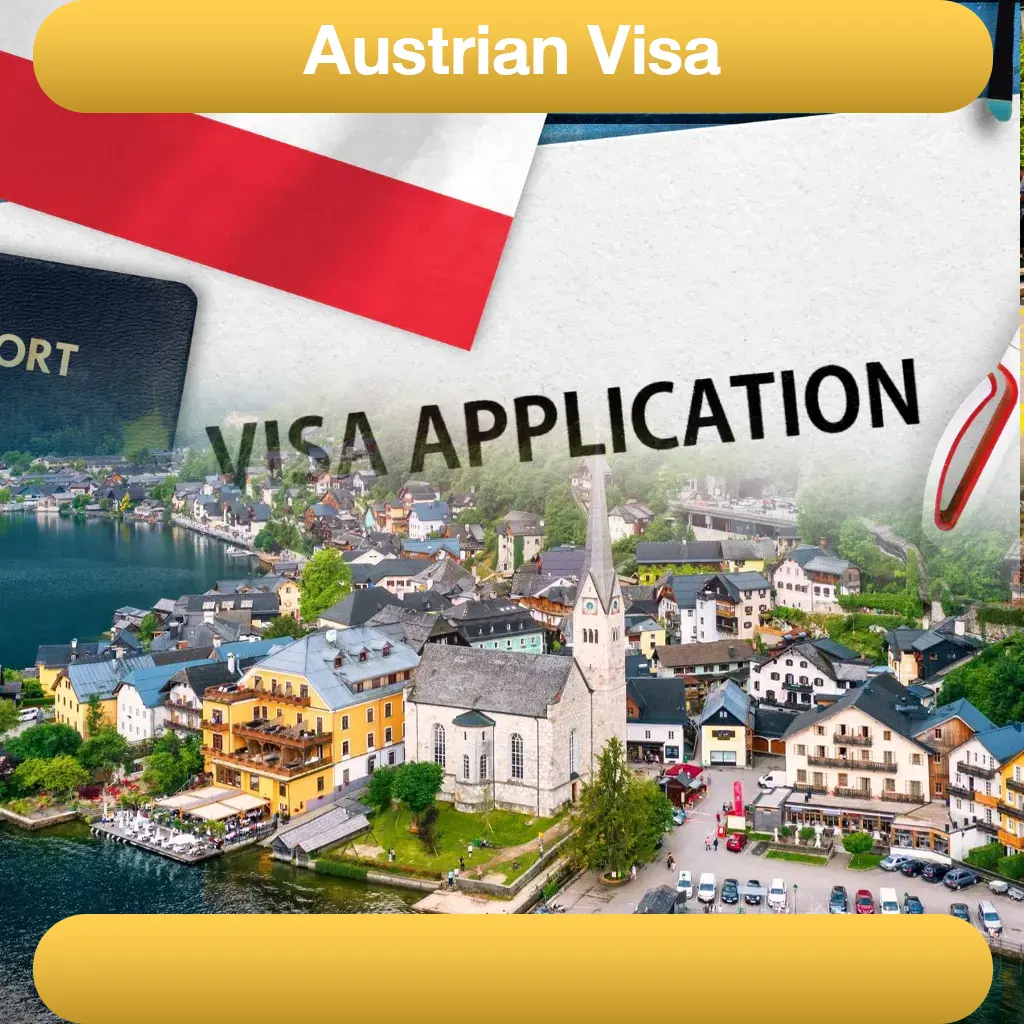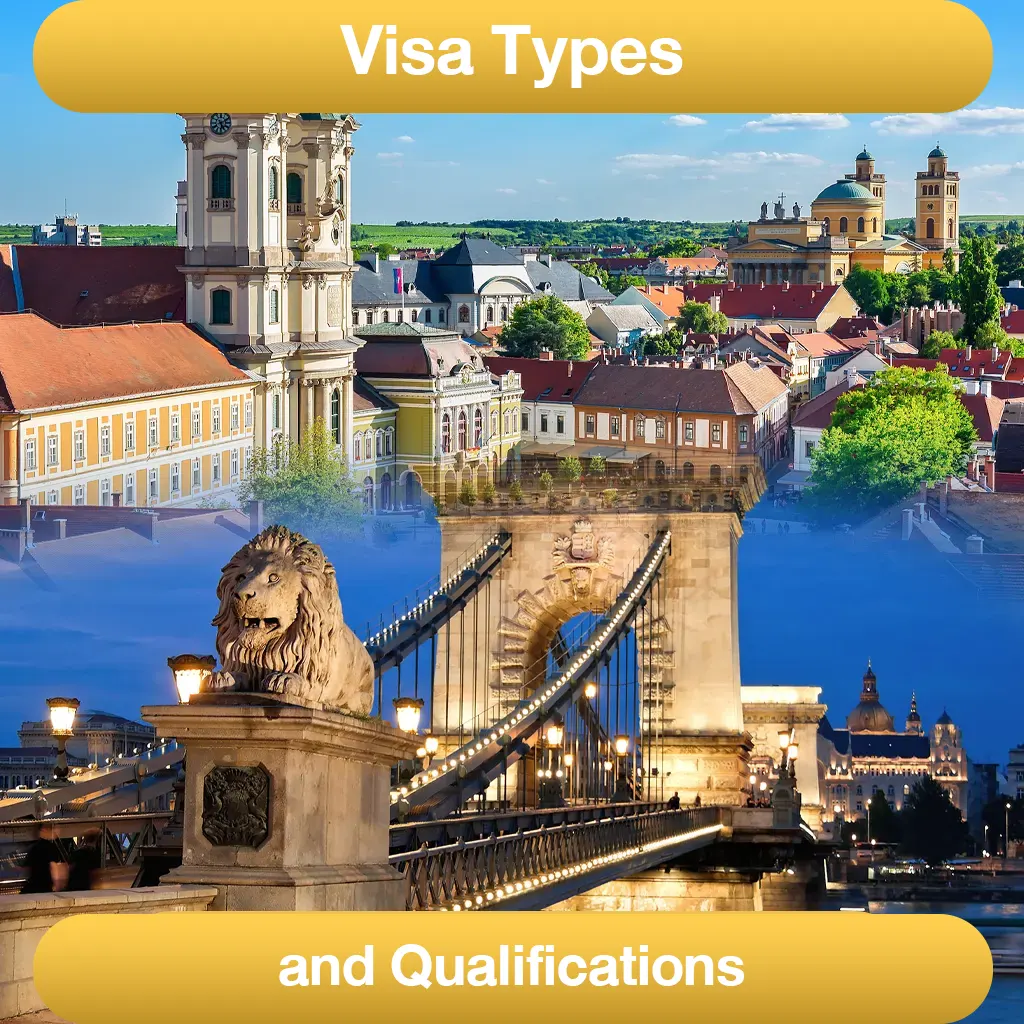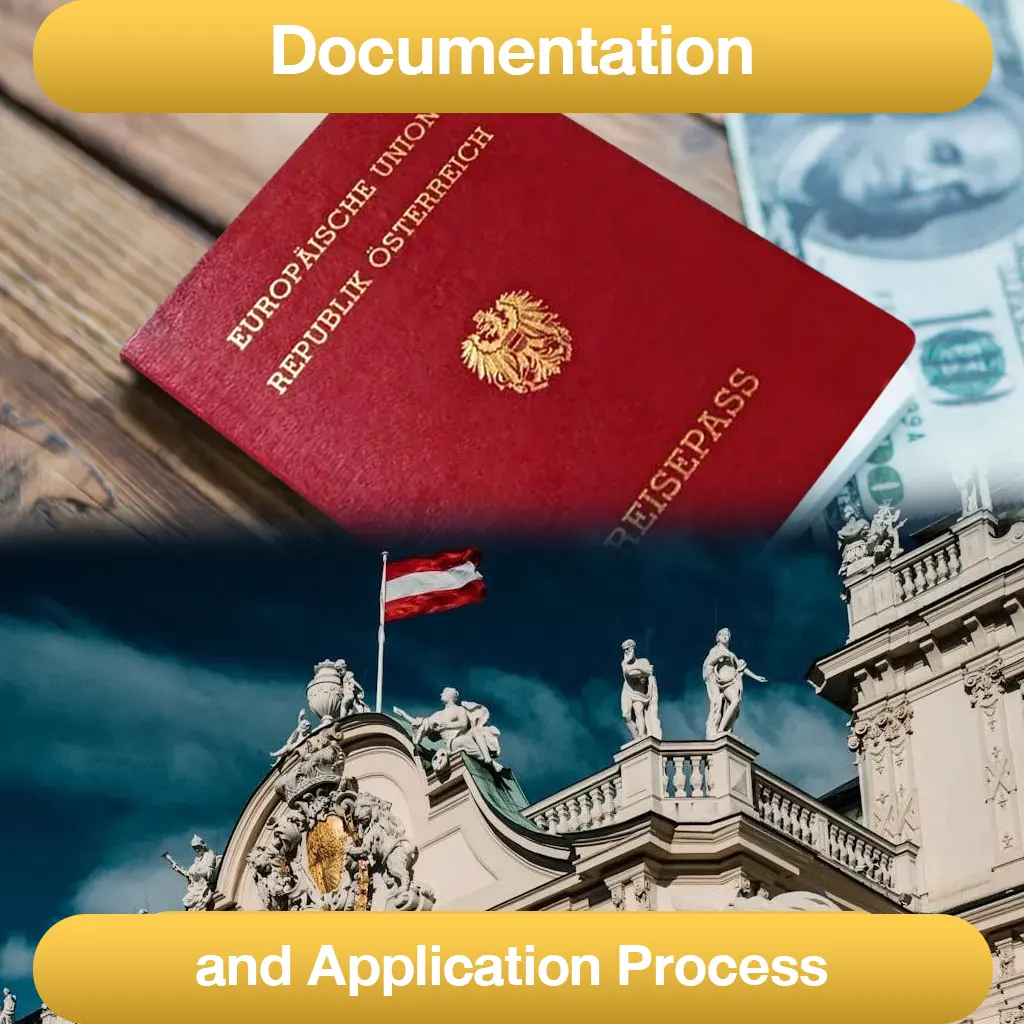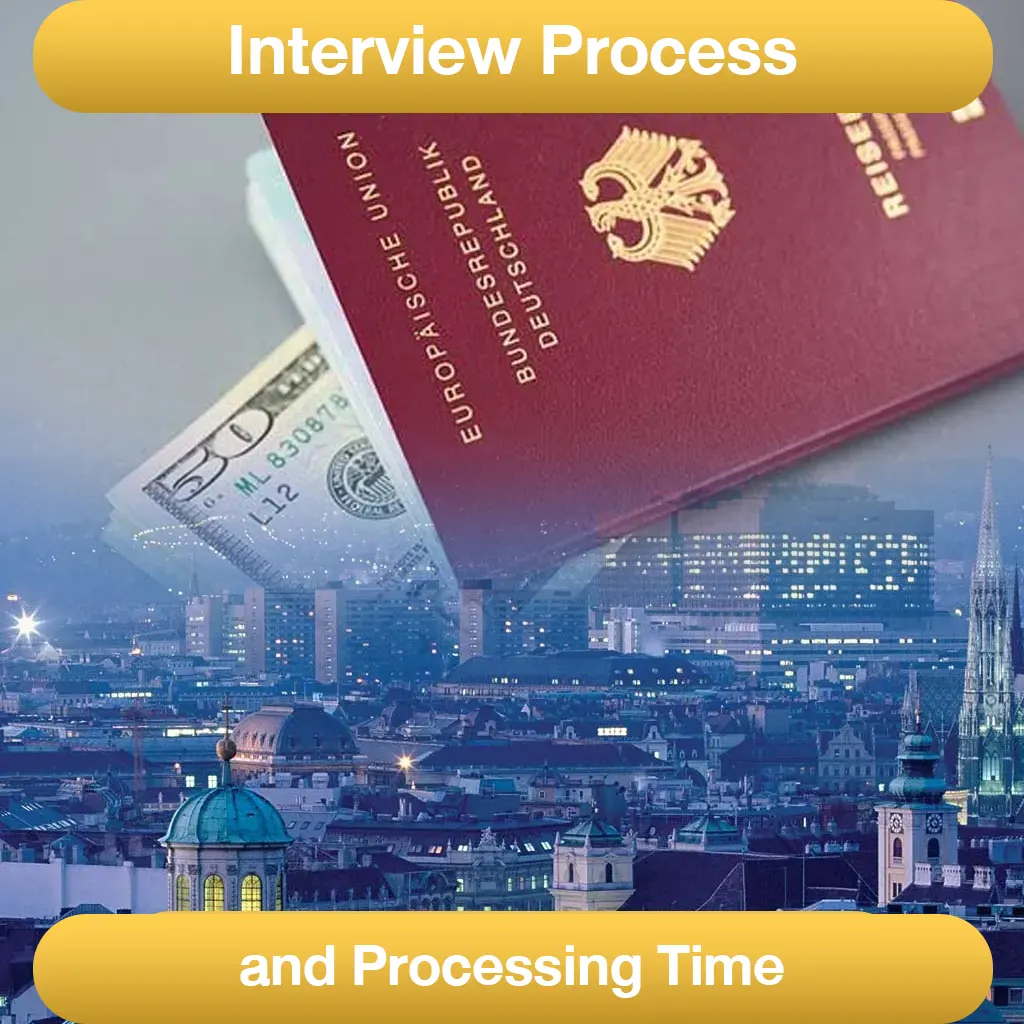Applying for an Austrian visa is a crucial step for those planning to travel, study, or work in Austria, a member of the Schengen Area. Understanding the correct visa types, qualifications, and application procedures will help ensure a smooth visa application process. This comprehensive guide will provide all essential information you need to know about obtaining an Austrian visa, and for added value and enhanced experience, we recommend also considering a Hungarian visa due to the countries’ proximity and convenient travel opportunities.
Visa Types and Qualifications
The Schengen visa and National visa are essential documents that allow foreigners to enter and stay in Schengen Area countries. Each type serves different purposes and duration of stay, making it crucial for travelers to select the most appropriate visa category for their needs.
Understanding the specific requirements and benefits of each visa type will help you make an informed decision. Here are the main visa categories available:
- Schengen Visa
- Type C Short-stay visa: Allows stays up to 90 days within a 180-day period
- Suitable for tourism, short-term business, or family visits
- Valid for travel within all Schengen countries
- National Visa
- Type D Long-stay visa: Permits stays exceeding 90 days
- Used for study, work, or long-term residence
- Issued specifically by the destination country
Short-term and Long-term Schengen Visas
Short-term Schengen visas offer flexibility for those planning tourism or business trips lasting up to 90 days. These visas allow multiple entries within the specified period, making them ideal for tourists and business travelers who need mobility across Schengen countries.
Long-term visas are more specific in nature, issued for particular purposes such as education or employment. These visa holders receive special privileges, such as legal work authorization or the ability to apply for family reunion visas.
Special Qualifications and Conditions for Each Visa Type
The basic requirements for obtaining a Schengen visa include demonstrating financial capability, clear travel purposes, and comprehensive travel insurance coverage. Additionally, applicants must prove their intention to return to their home country after their authorized stay.
For long-term visas, applicants need additional qualifications based on their purpose of stay. This might include acceptance letters from educational institutions for student visas or employment contracts for work visas, along with language proficiency requirements specified by each country.
Documentation and Application Process
The process of applying for either a Schengen or National visa requires thorough preparation of documents and strict adherence to application procedures. A well-prepared application significantly increases the chances of visa approval.
The documentation process involves careful attention to detail and proper organization of all required materials. Here are the basic documents needed for all visa applications:
- Passport valid for more than 6 months
- Completed visa application form
- Photos meeting specified requirements
- Financial documentation
- Travel insurance
- Travel itinerary and accommodation bookings
Supporting Documents for Different Visa Types
The preparation of supporting documents must be tailored to your specific visa category and travel purpose. Each document plays a crucial role in demonstrating your eligibility and intentions for travel to Austria.
Beyond the basic requirements, additional documentation varies by visa type:
- Business visa: Invitation letters and business documentation
- Student visa: University acceptance letters and study plans
- Work visa: Employment contracts and qualifications
- Tourist visa: Detailed travel itinerary and hotel reservations
Appointment Booking and Application Channels
The visa appointment booking process has been streamlined through online systems managed by embassies or VFS Global. Applicants must carefully select their preferred date and time while ensuring all required documents are ready before the appointment.
Modern application systems offer various channels for submission, including direct embassy applications, VFS Global centers, or authorized representatives. Each option has its advantages and limitations, and applicants should choose based on their convenience and budget considerations.
Interview Process and Processing Time
The visa interview is a critical step in the application process where officials assess the applicant’s credibility and verify the consistency between documented information and interview responses. Proper preparation significantly enhances the chances of visa approval.
Approaching the interview with confidence and honesty is essential. Here are key aspects to prepare for:
- Review all submitted documentation thoroughly
- Prepare answers for basic travel-related questions
- Dress professionally and appropriately
- Arrive at least 30 minutes before the scheduled time
Interview Preparation Guidelines
Preparing for a visa interview begins with developing a clear understanding of your travel purposes and being able to confidently explain your travel plans. Your responses should be concise, relevant, and consistent with the information provided in your application documents.
Practice answering common interview questions such as your reason for travel, source of funding, and post-travel plans. Maintaining confidence and sincerity during the interview is crucial for a successful outcome.
Evaluation Process and Processing Timeline
The visa evaluation process involves document verification, information confirmation, and risk assessment. Processing times vary depending on visa type, application timing, and embassy workload, typically taking 15-30 business days.
Upon completion of the evaluation, applicants receive notifications through their designated communication channels. Approved visas are affixed to passports, while rejected applications include explanations and information about appeal procedures or reapplication options.


 ไทย
ไทย


